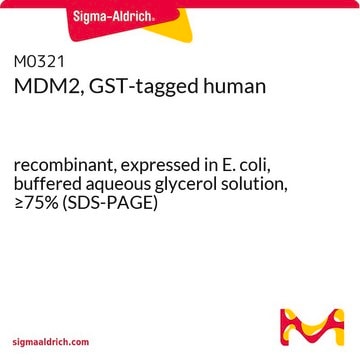09-1720
2-Methoxyethanol
SAJ first grade, ≥99.0%
Synonym(s):
Ethylene glycol monomethyl ether, Methyl glycol
About This Item
Recommended Products
grade
SAJ first grade
vapor density
2.62 (vs air)
vapor pressure
6.17 mmHg ( 20 °C)
Assay
≥99.0%
form
liquid
autoignition temp.
548 °F
expl. lim.
24.5 %
availability
available only in Japan
refractive index
n20/D 1.402 (lit.)
pH
5.0-7.0 (25 °C)
bp
124-125 °C (lit.)
mp
−85 °C (lit.)
density
0.965 g/mL at 25 °C (lit.)
SMILES string
COCCO
InChI
1S/C3H8O2/c1-5-3-2-4/h4H,2-3H2,1H3
InChI key
XNWFRZJHXBZDAG-UHFFFAOYSA-N
Looking for similar products? Visit Product Comparison Guide
Related Categories
Signal Word
Danger
Hazard Statements
Precautionary Statements
Hazard Classifications
Acute Tox. 4 Dermal - Acute Tox. 4 Inhalation - Acute Tox. 4 Oral - Flam. Liq. 3 - Repr. 1B - STOT RE 2 - STOT SE 1
Target Organs
Immune system, thymus
Storage Class Code
3 - Flammable liquids
WGK
WGK 2
Flash Point(F)
104.0 °F - closed cup
Flash Point(C)
40 °C - closed cup
Personal Protective Equipment
Certificates of Analysis (COA)
Search for Certificates of Analysis (COA) by entering the products Lot/Batch Number. Lot and Batch Numbers can be found on a product’s label following the words ‘Lot’ or ‘Batch’.
Already Own This Product?
Find documentation for the products that you have recently purchased in the Document Library.
Our team of scientists has experience in all areas of research including Life Science, Material Science, Chemical Synthesis, Chromatography, Analytical and many others.
Contact Technical Service








